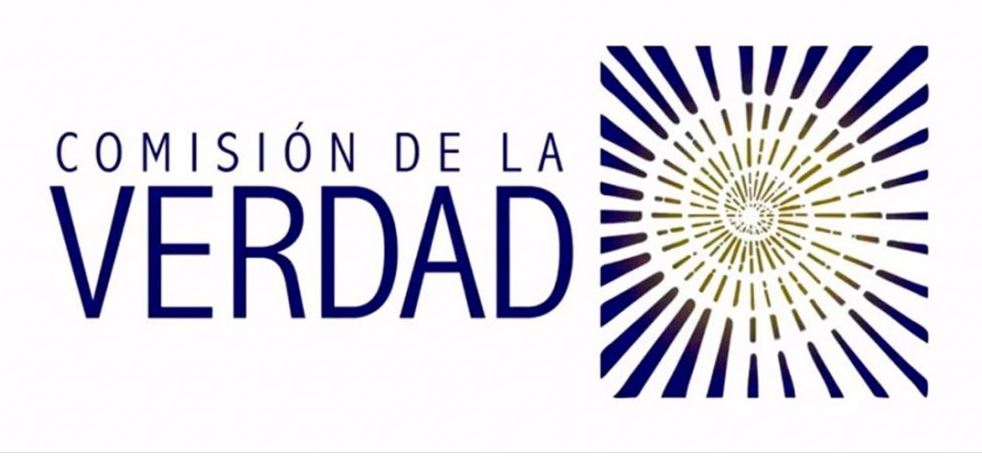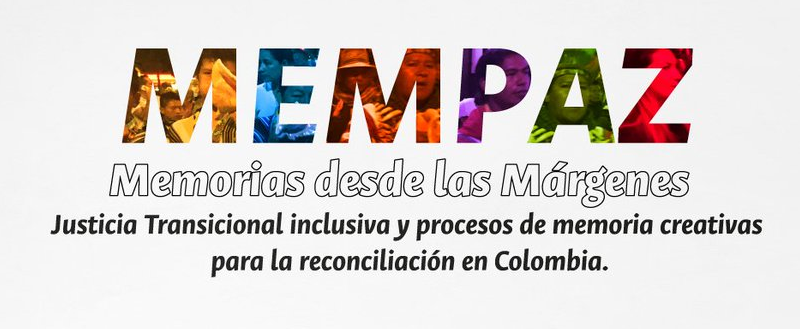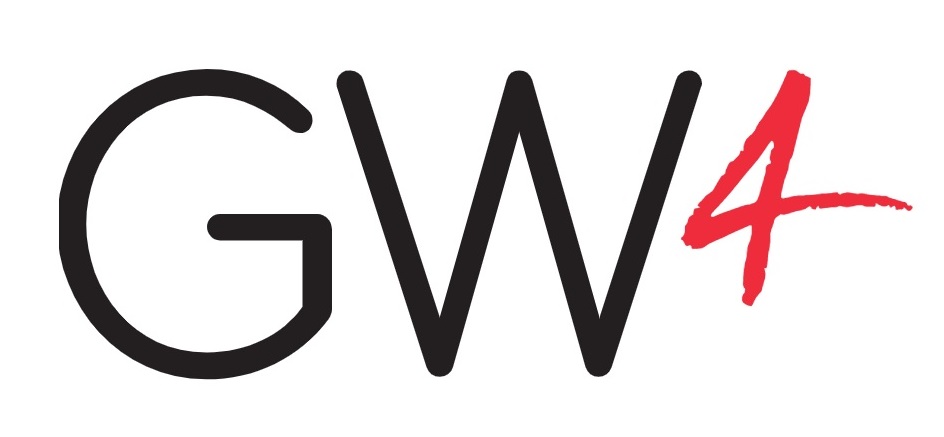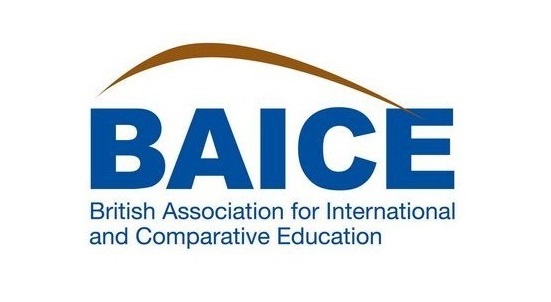Colombian truth commission and educators using research to build peace
Research into how truth commissions have worked with education around the world informs approach of Colombian truth commission as they work to recover from decades of conflict.
The challenge
There have been more than 40 truth commissions around the world, tasked with uncovering the truth about periods of massive human rights violations and making recommendations to ensure violence does not reoccur. So that their recommendations and findings reach the public, truth commissions try to spread their messages in curricula, textbooks and classrooms. But, this is difficult to do without having built relationships with teachers and policymakers first, especially when education has been affected by and involved in the violence truth commissions are exploring.
Research impact - Colombian truth commission has a different approach
Colombia’s truth commission is the first to include pedagogy as a pillar of its work and has been working in creative ways with teachers, students and the wider educational sector since it began its work in 2018. As it enters the final year of its three-year mandate, the pedagogy team is working with teachers to help develop the recommendations that it will make for educational changes.
The commission’s approach to working with educators over the full course of the mandate is directly informed by Julia Paulson and Michelle Bellino's research into past truth commissions and how the outcomes and benefits of truth commissions could be improved.
This research led to conversations with Colombian truth commissioners and ongoing relationship with the truth commission’s Pedagogy Working Group. Ana Cristina Navarro, director of the pedagogy team said, “In Colombia, we want the commission to work to make truth a public good and we know that for that to happen, students, teachers and schools need to be part of the discussion. This research provides us with the evidence of what happens if we don’t develop strong relationships within the educational sector and provides useful suggestions for how we can build these relationships.”
Julia Paulson was interviewed on a Colombian news programme focused on the peace process, in the teacher's news bulletin Palabra de Maestro which reaches over 8,000 teachers, and the research was featured in news articles in El Spectador.
In Colombia, with its strong tradition of historical memory activism and research, educators and civil society organisations are also using this research to develop pedagogical approaches for teaching about conflict and peace. Julia has been lucky to have the opportunity to work collaboratively with NGOs like Rodemos el Dialogo, Fundación Compartir and Educapaz and with the Education Secretariat of the city of Cúcuta to support the development of education initiatives designed to contribute towards truth telling and transitional justice.
Juana Yunis, director of the NGO Educapaz’s programme Escuelas de Palabra explains “we are using the research on education and truth commissions in our diploma course on ‘Pedagogy for Truth and Non-Repetition’, which will support 100 teachers in the Caribbean region to develop skills to work with truth about conflict in their classrooms and communities. We’ve made video summaries of the research, which will support teachers to produce their own proposals for how they can implement these pedagogical strategies in their schools, with an analysis of what is already happening and what is missing.”
Arturo Charria, Education Secretary for Cúcuta, explains how this research has helped inform a project in which seven schools in the municipality will develop curricular plans oriented around truth and justice. “We’ve seen from this research that textbook materials or curricular modifications alone are not sufficient and instead are working to integrate truth telling and positive peace across the ethos of the schools and their wider educational processes. We think this project will be expanded to other schools around the country and shared with the Ministry of Education.”
Underpinning research
Our research reviewed the final reports of 20 truth commissions and interviewed former commissioners from around the world. We were interested in finding out how truth commissions worked with education, whether they included investigations of how education had been affected by and/or complicit in conflict, and what kinds of recommendations truth commissions made for educational changes based on their findings.
We found that over time truth commissions began to pay more attention to education and to make more ambitious recommendations for educational reform. But, truth commissions did not develop strong relationships with teachers, students or policymakers and often turned to education at the end of their mandates in the hope of disseminating their work. They often recommended peace or human rights education and did not always emphasize the importance of teaching about conflict and its causes or in reforming the ways in which education was complicit in violence. Thus to improve the outcomes and benefits of truth commissions our research evidence strongly highlights the importance of commission officials developing strong relationships with educators over the course of the truth commission’s work and working to explore education as site needing transitional justice. The research also emphasizes the importance and benefits of teaching and learning about conflict and its causes in order to build a culture of peace.
Key facts
- To date, truth commissions have not involved teachers in their work, making it difficult for their findings to enter into curricula and classrooms.
- In Colombia, the truth commission is working with teachers to draft recommendations for educational change.
- Involving teachers in shaping proposals for change will increase the chances that these proposals are implemented in the educational sector, therefore increasing the contribution of education to peace and transitional justice.
- Teachers are eager for training to support their engagement with truth commissions and their teaching for peace and transitional justice.
Researcher
External researcher
Dr Michelle Bellino, University of Michigan
Non-academic partners
Commission for the Clarification of Truth, Coexistence and Non-Repetition, Colombia
MEMPAZ project, Colombia and UK
Funders
British Association of Comparative and International Education (BAICE)
Related research group
Centre for Comparative and International Research in Education (CIRE)
Date published
September 2020
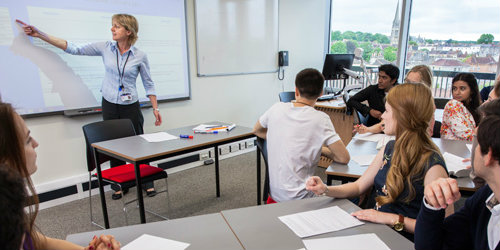 Study Education
Study Education
Join us in improving educational environments for future generations

